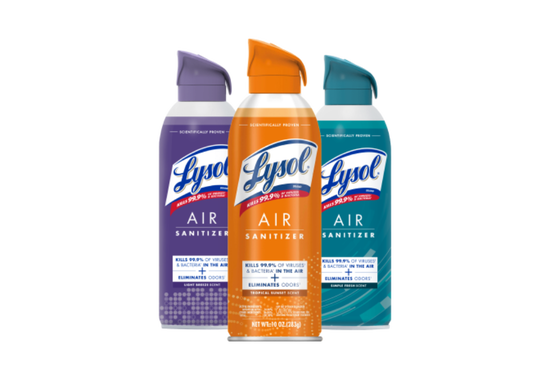What Is Hard Water?
If you live in an area with hard water, the parts of your home that have hot, running water (such as your bathroom and kitchen) are susceptible to the unsightly stains that hard water leaves behind.
What causes hard water?
Water percolates through rocks before reaching our main water pipes. In some areas, it passes through deposits of limestone and chalk that are made up of carbonates. When this happens, the water is classified as hard water because it contains high levels of calcium and other minerals.
Over time and if left untreated, these hard water stains can cause lasting damage (and even decrease the efficiency of your pipes). Dingy toilets and grimy showers shouldn’t have to stay that way, however. With some TLC, you can solve this problem straight away.
Top tip: hard water and soft water
As water hardness is caused by compounds of calcium, magnesium and a variety of other metals, we can measure it in the following way:
- 0 to 60m/L (milligrams per liter) of calcium carbonate is classified as soft water.
- 60 to 120 mg/L as moderately hard.
- 121 to 180 mg/L as hard.
- More than 180mg as very hard.2
What is limescale?
As the hard water passes through pipes and fixtures in your home and evaporates, it can leave behind hard water stains. These stains are caused by the high levels of calcium carbonate in the water. It is this that causes a build-up of what we tend to call calcium deposits or – more frequently – limescale.
This limescale is usually a chalky, off-white color and can not only stop your toilet, tub and shower looking their best, but can also stop them from working as effectively. This is why it’s important to manage hard water stains as soon as you spot them. So, how do we get rid of limescale?
How to get rid of calcium deposits
Hard water contains calcium deposits, which forms limescale in your home.
It’s important to note calcium deposits – that is, hard water stains – can make regular soap and detergents less effective and make soap stains more prominent. As well as this, your regular bleach will be a poor cleaner for hard water and limescale stains as it doesn’t contain the right formula you need.
Instead, when you come to remove hard water stains, you’ll need to use an acidic cleaner or a product with a low pH that’s specifically built to tackle this head on.
Read on for our advice on the best products for hard water stains.
Best hard water stain remover
If you are cleaning the toilet, a good cleaner for hard water stains is the Lysol® Toilet Bowl Cleaner with Lime & Rust Remover. It powers through stains with ease, using a thick formula that coats the bowl to remove hard water stains, including mineral deposits, limescale and everyday dirt.
To clean hard water stains from the likes of shower heads, sinks, taps and tiles, it’s best to use a spray with descaling properties. We would recommend something like Lysol® Power Bathroom Cleaner, which is specifically created to blast through bathroom stains such as those caused by hard water.
Hard water stains are unsightly, but don’t let them stop you from having a spotless bathroom! Try to make sure you keep bathroom surfaces dry during everyday use to prevent hard water stains or mineral build-up forming in the first place. If they do form – don’t stress, just use a specialist cleaner from our Lysol® range.
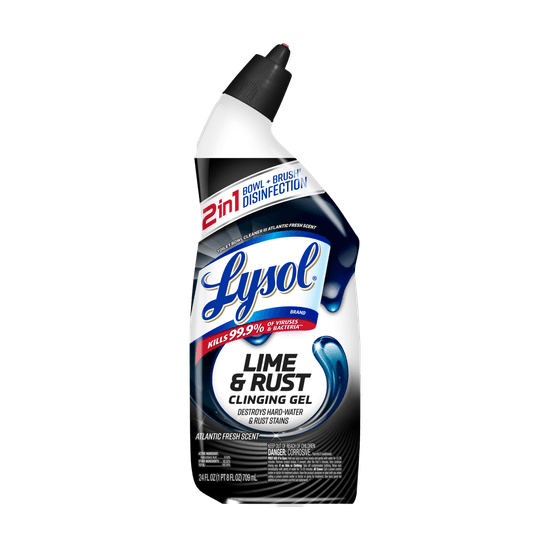
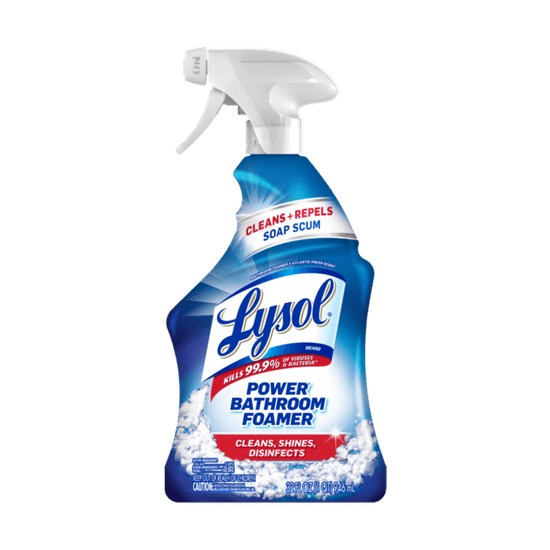

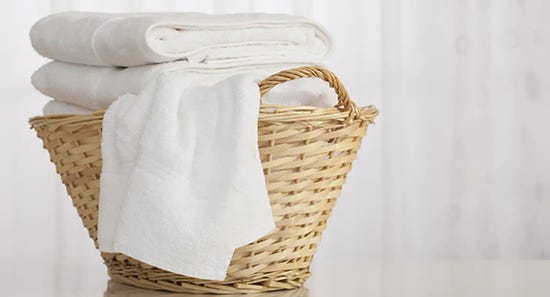


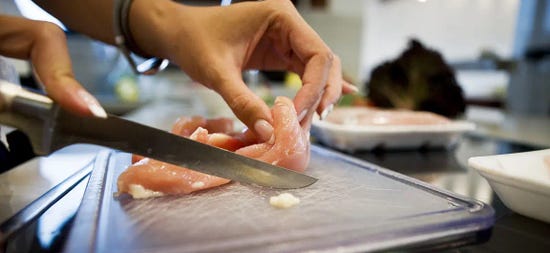
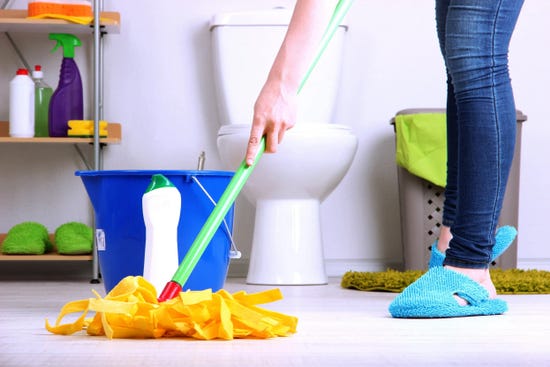
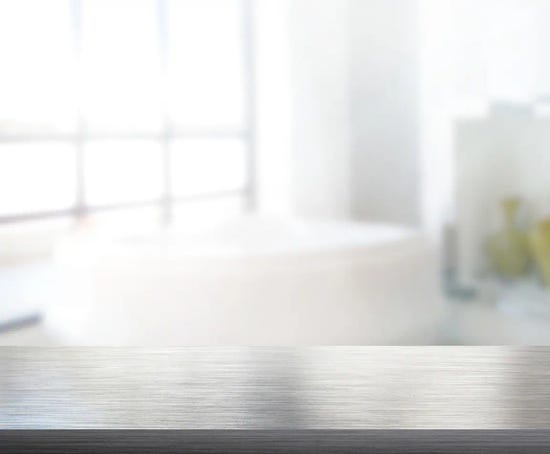
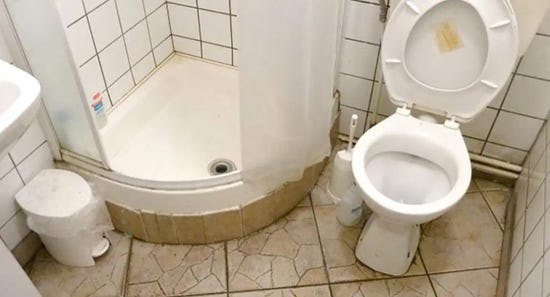
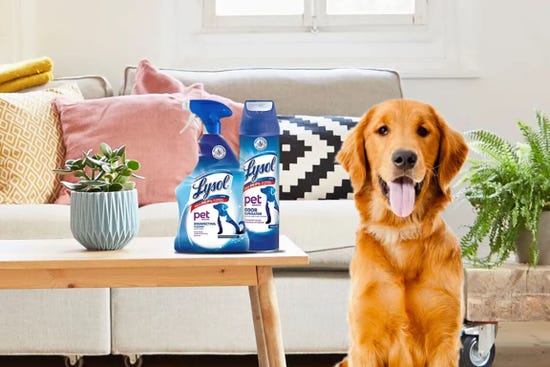
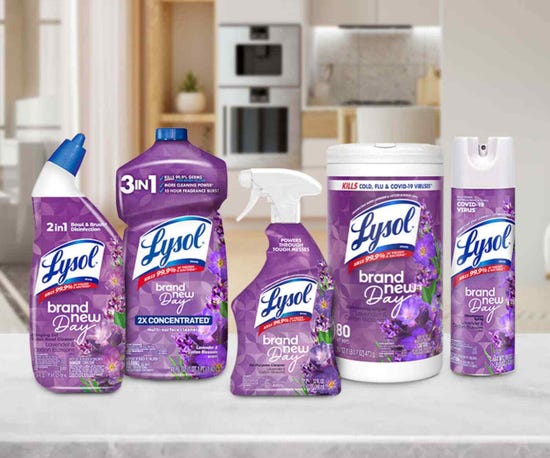
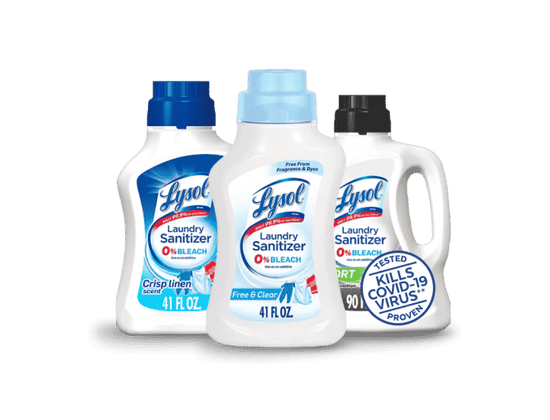
.png?width=550&height=377&format=png&quality=80)
.png?width=550&height=377&format=png&quality=80)
.png?width=550&height=420&format=png&quality=80)
.png?width=550&height=377&format=png&quality=80)
.png?width=550&height=377&format=png&quality=80)
